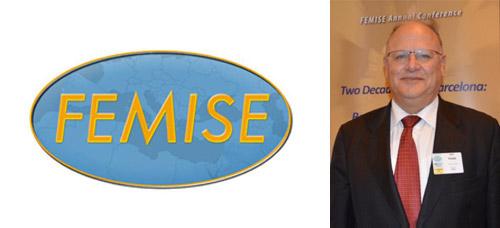Mediterranean: productive firms export more according to FEMISE study

Workforce productivity, size and number of years in business, level of research and development and share capital structure all have a bearing on a company’s ability to position their products in foreign markets, according to the results of a study presented at the FEMISE annual conference in Athens in February.
At the conference, Alfred Tovias, professor of international relations at the Hebrew University of Jerusalem and Jan Michalek, professor of economics at the University of Warsaw, presented the preliminary results of the study, the final version of which will be published after the summer.
“In MENA countries (Egypt, Israel, Morocco, Jordan), foreign technology plays a big part in the ability to export,” said Jan Michalek. This can be put down to innovation, since the companies regularly launch new products and invest huge sums in research and development. “We also note that they work with universities,” pointed out Alfred Tovias, who also mentioned another feature: “In Tunisia and Morocco, it’s now the newly-founded companies who export. These foreign-owned Tunisian start-ups are an integral part of the international production chain. They export finished and semi-finished products. The traditional firms from before the transition concentrated on the domestic market.”
Thematics
Sustainable Development
Newsletter
Subscribe to receive our latest updates
News alerts
Personalise your news alerts subscription
© This project is funded by the European Union, 2024



































